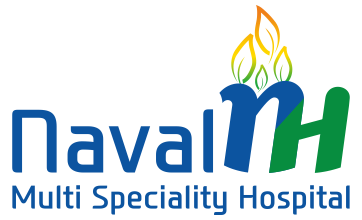The GI endoscopy is a vast branch of surgery and majorly involves endoscopic surgeries for the esophagus, stomach, duodenum, small intestine, large intestine, bile duct, rectum and anus. It covers the entire digestive tract and is performed to determine the origin of the disease, its spread and also its treatment scope. Problems that cannot be seen on other imaging tests, like ulcers or muscle spasms can also be detected through this procedure.
The procedure can either be performed in an outpatient or inpatient setting. It is performed just like the routine endoscopy procedure and is divided into upper GI endoscopy that enables examination of esophagus, stomach and duodenum, colonoscopy that allows examination of intestinal ulcers, inflammations, abnormal growths and bleeding of the intestinal tract, enteroscopy that allows examination of the small bowel and enables diagnosis of hidden bleeding diseases, causes of malabsorption or even locate and remove scars. The technique is not only less time consuming but also causes less blood loss as compared to standard procedures and the recovery is faster and better. Postoperative complications are minimized to a great extent, however the patient has to take rest for few days and avoid exertion of any sort after certain procedures.
